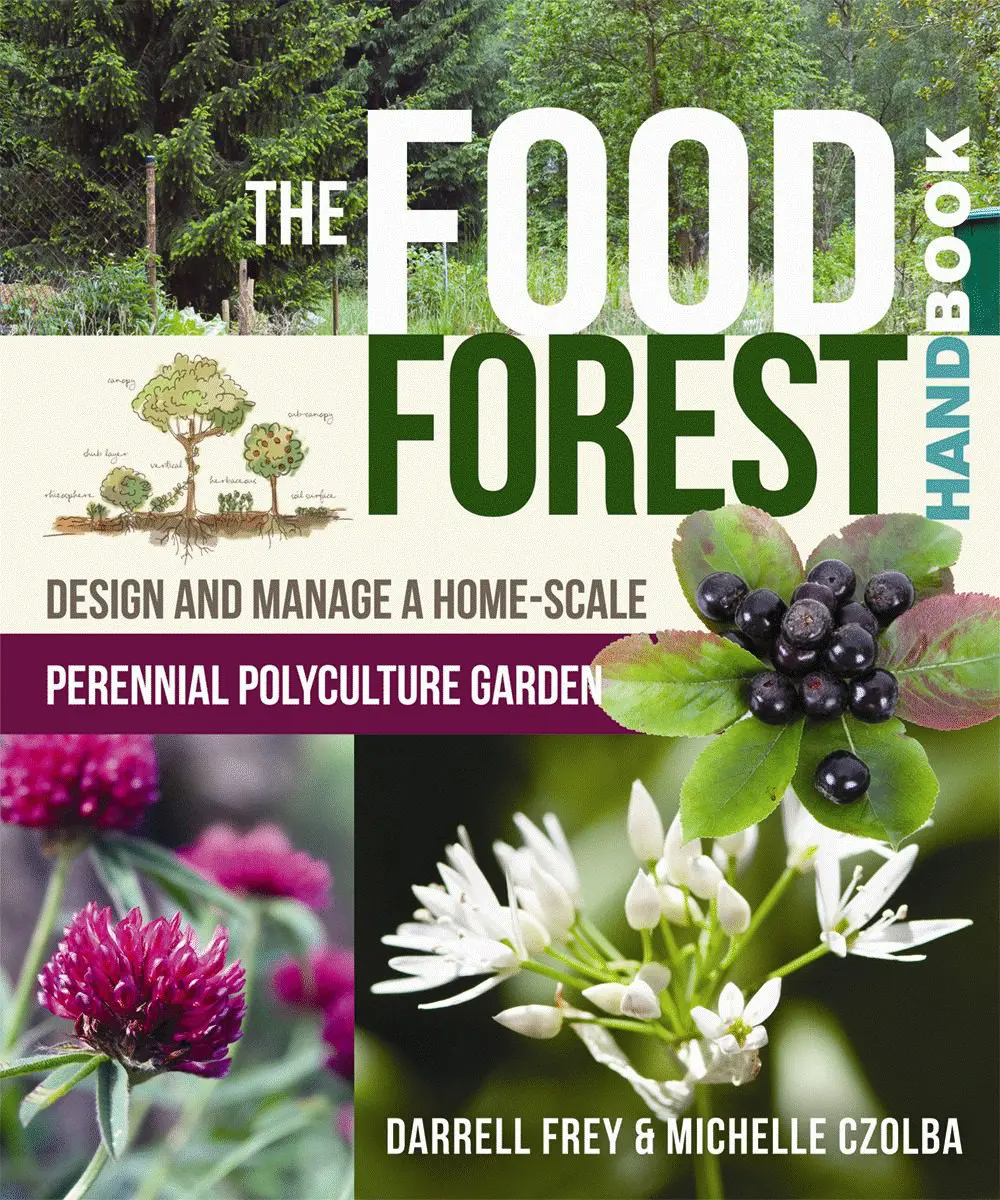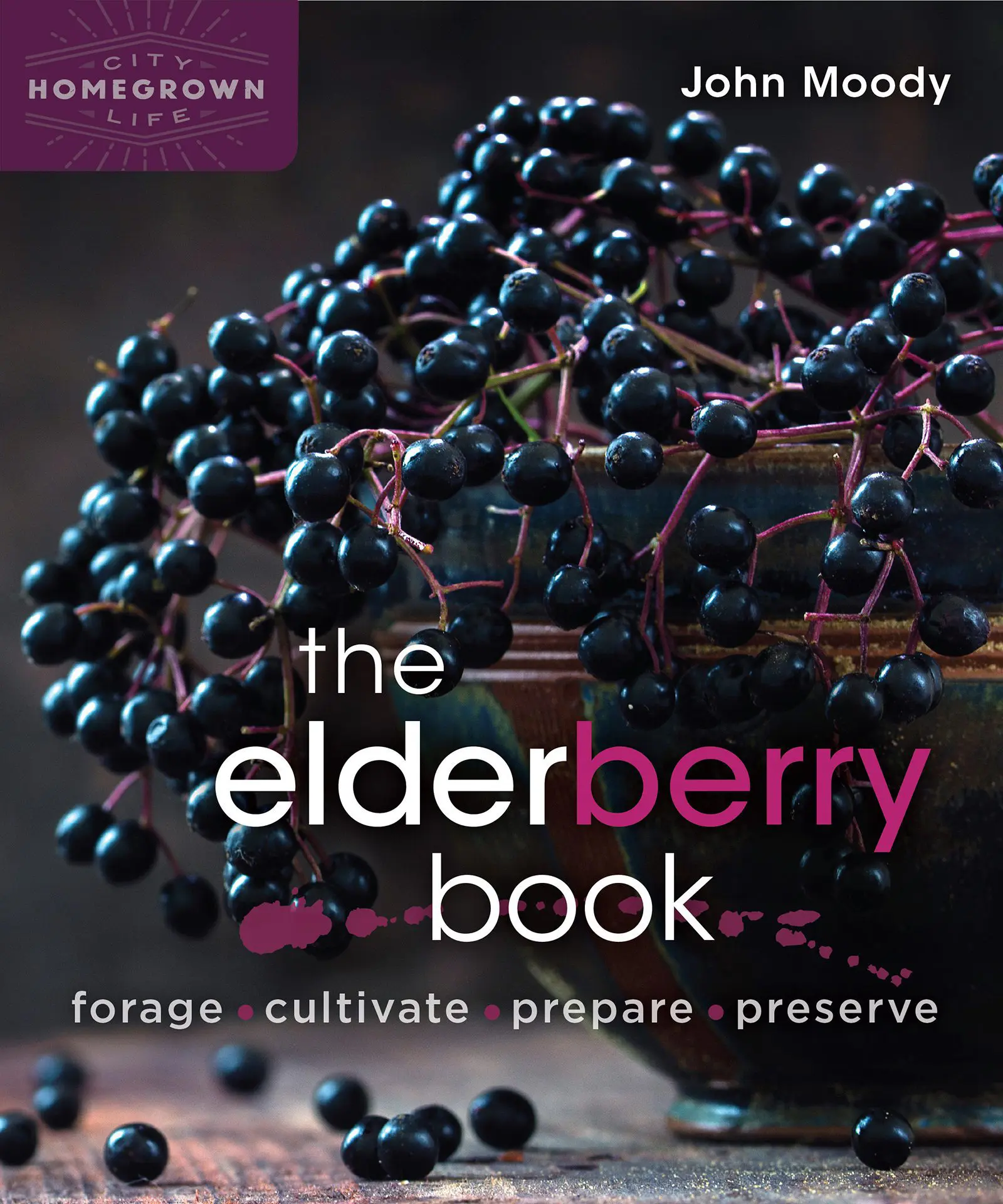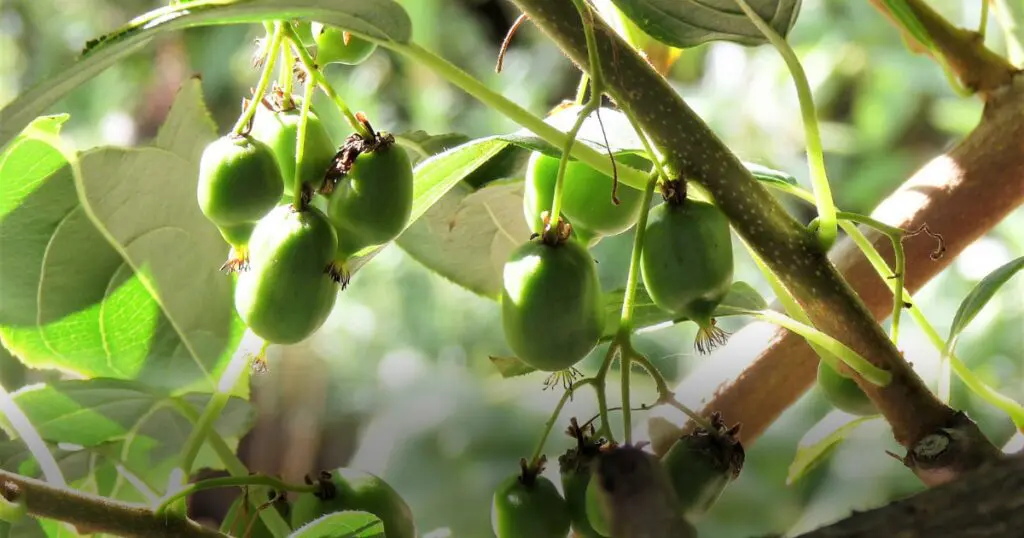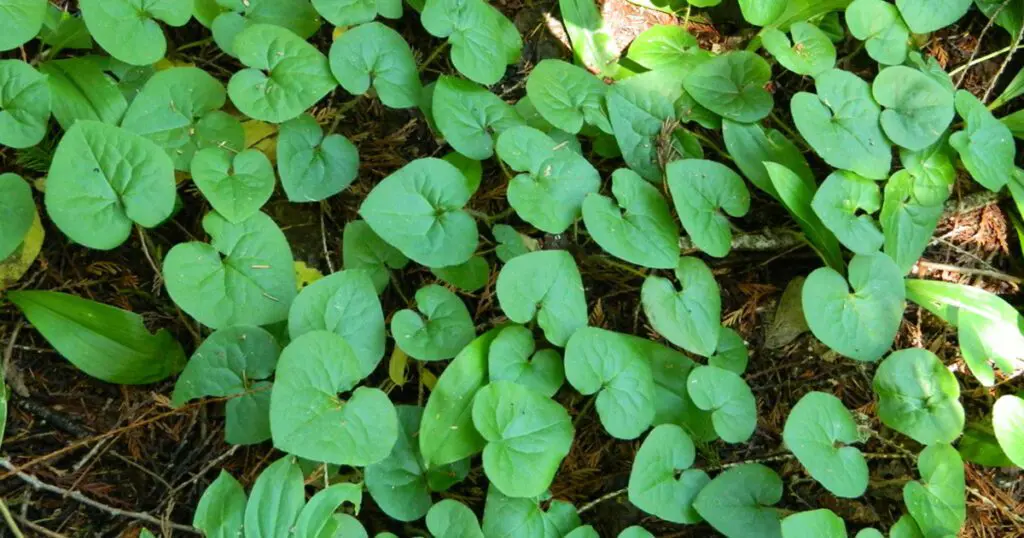
Cutting grocery bills and your carbon footprint, while adding healthy, seasonal food to your diet and connecting with the land in your region all seem like pretty great motivations to start exploring the world of foraging. Author Mikaela Cannon walks us through the woods, and through her list of reasons to forage—from learning more about how local indigenous peoples lived on the land, to chipping away at today’s shocking grocery bills.
Connecting with the land
There is nothing I love as much as being out in nature, observing and noting how the seasons pass. Every day is exciting and new on the land, and I always learn something when I’m out in the woods. When you forage, you need to stay present and focus on the plants, to make sure you’re selecting the right ones. By paying such close attention, other details about the plants and the critters around pop up too. You might see a butterfly emerge from its chrysalis; note the mating behavior of the squirrels; see how a flower not yet unfurled is cradled by soft sepals. I can feel the magic of being connected to everything in moments like those.
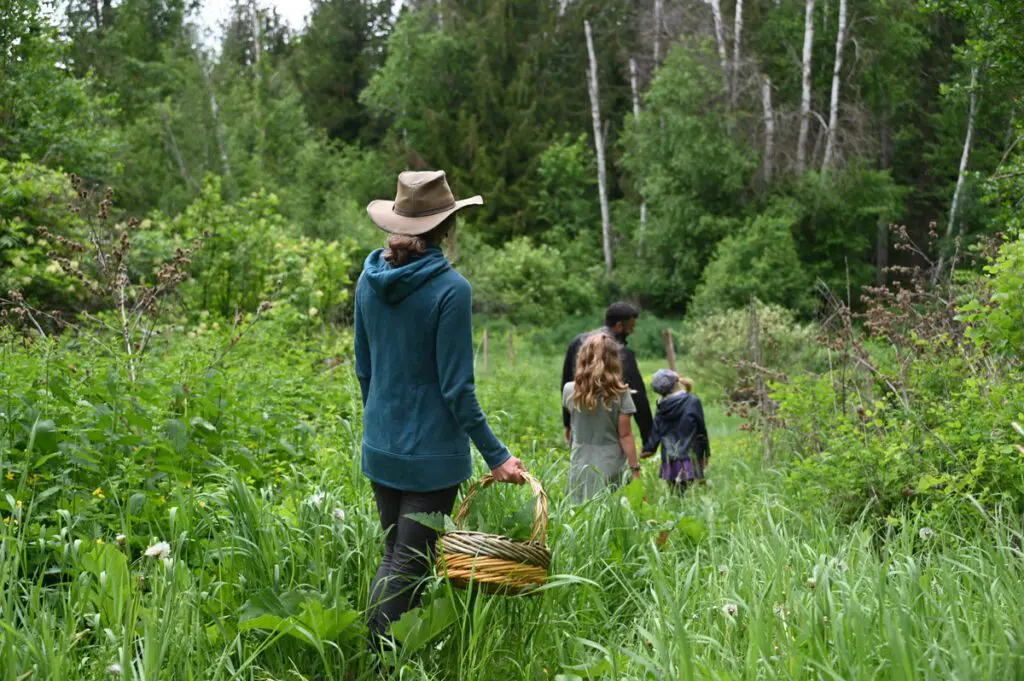
Learning the long history of the First Nations in my area
As I research further about the plants, I seek out information about how Peoples all over Turtle Island used—and use—the plants. This information is precious, and I delight in learning as much as I can about the cultures of the Peoples who have lived and thrived here for over 10,000 years. Their accumulated wisdom and knowledge about the land is astonishing; I love connecting with elders and members of the community, and learning the stories and the names of the plants and how they’re used, as well as how to protect the plants and keep them thriving.
Healthy food
A wide variety of food on my dinner plate ensures that I get all the beneficial minerals and micronutrients that I need. I love how foraged food fills my plate, nourishes my soul, and feeds my body. The food has been picked moments before eating, and is as fresh as can be. It has been growing in soil free of pesticides and full of beneficial bacteria, mycorrhizal fungi, and other little soil helpers. When I eat what is seasonally available, I feel better; it’s as if the food available at that point in the season is also just what my body at that moment.
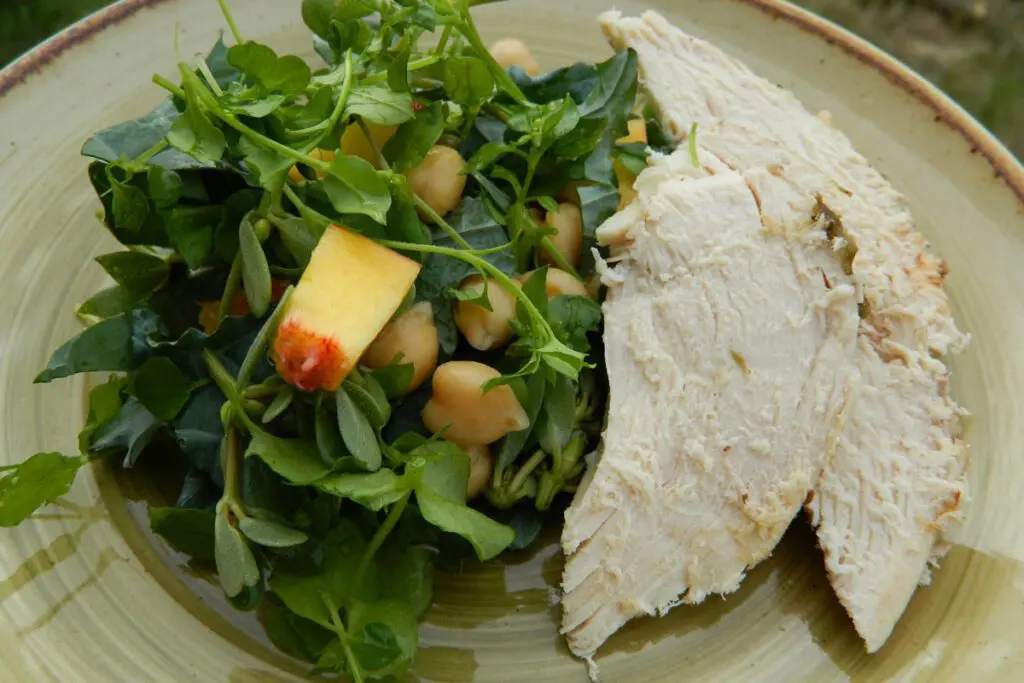
Taste
Wild foods have not been cultivated to be bland or sweet, or to please the greatest number of picky eaters. Nor have they been specifically bred to be a perfect shape and a beautiful exterior just for show. Their flavor is intense and spans the whole spectrum; you can taste bitter, sour, sweet, salty, and everything in between. I love the bold flavors. My mouth waters thinking of thistle lemonade, roasted chicory root, and the sour little leaves of sheep sorrel.
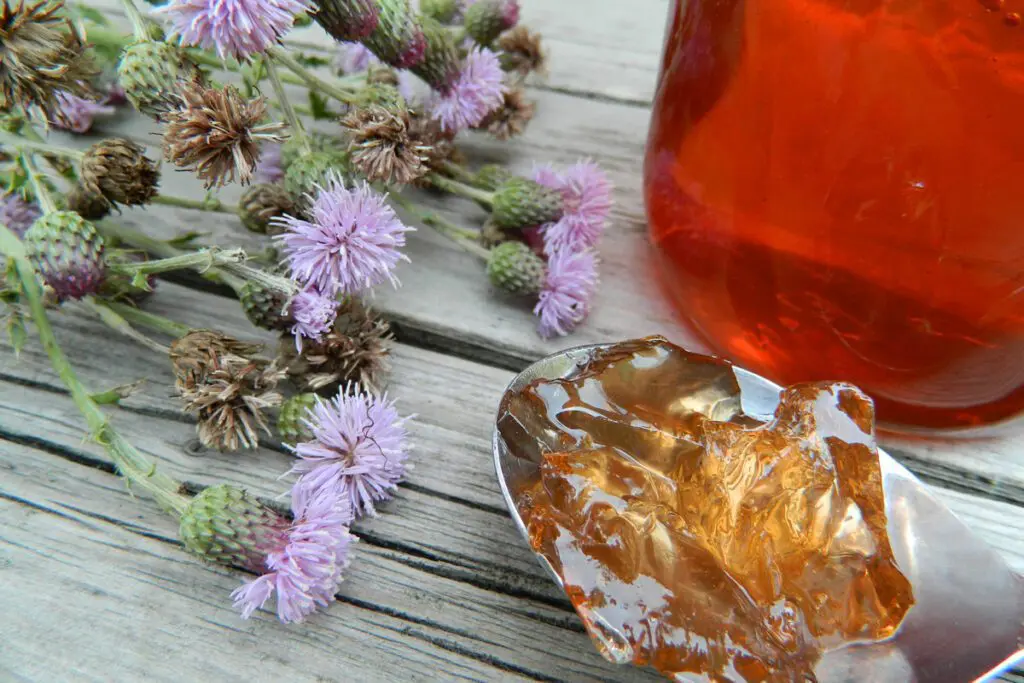
Climate Action
Another reason that I forage is to be able to feed my family with local foods all year round, avoiding shipping food halfway across the globe and the carbon footprint that comes with that. Farming in a northern climate means that we don’t have access to fresh vegetables all year, and there’s also always the chance that some crops will fail, especially in these times of climate uncertainty. On our farm we have experienced losses due to hail, drought, caterpillar invasion, and frost. But no matter the damage to our cultivated crops, there were always weeds and wild plants that survived. By looking at how we can use our resources wisely and sustainably at the local level, we can start to build more resilient food systems. I believe that there is a lot that an individual can do to create climate action in their community, and making wiser diet choices is a key part of the puzzle.
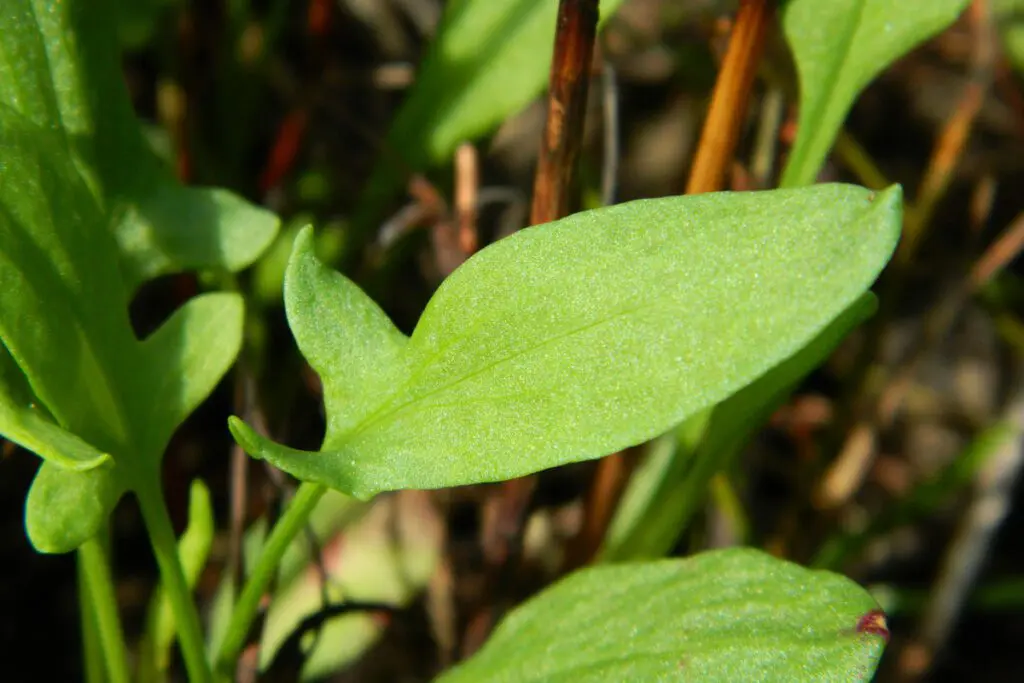
Economy
I am sure you have felt it too. Every time I go grocery shopping, prices are higher and products are shrinking. It can be hard to make ends meet and find enough healthy foods to feed your family. Being knowledgeable about which wild plants to add to your diet can help cut the costs down on the grocery bill, and if you’re also able to grow some of your own food, you will be incidentally also blessed with a bunch of weeds. Many of those are as tasty as your cultivated greens and can help stretch your budget. If you live in an urban area and don’t have access to a garden, try asking if you can help weed a neighbor’s yard, and take home the weeds for supper.
What do you forage? I would love to hear from you.
Find me at www.forestfables.ca



